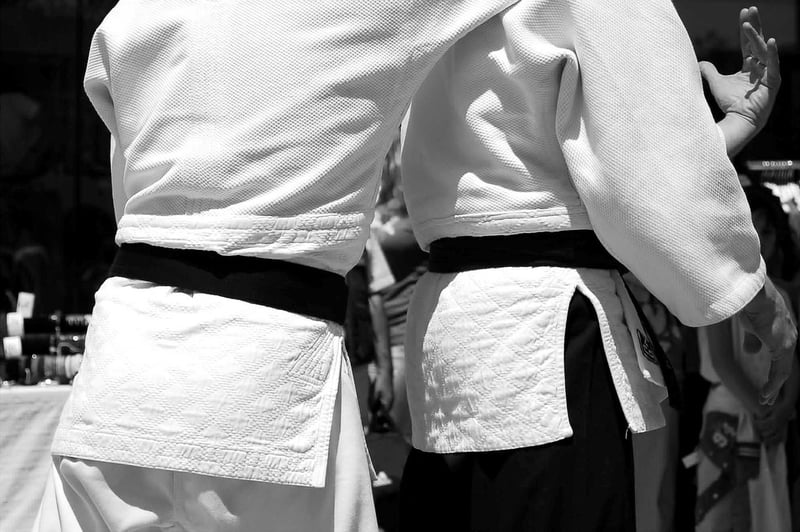Judo
The Power of Self-Defense and Discipline in Judo

Introduction to Judo
Judo, meaning "gentle way" in Japanese, is a modern martial art and combat sport that focuses on using an opponent's force against them. It emphasizes throws, pins, joint locks, and chokes to subdue or immobilize an adversary. Beyond its physical aspects, Judo also instills valuable lessons in self-defense and discipline.
Self-Defense in Judo
Judo equips practitioners with essential self-defense skills. By mastering techniques that leverage an opponent's momentum and strength, individuals can effectively protect themselves in threatening situations. Whether facing a larger assailant or multiple attackers, Judo empowers individuals to neutralize threats and escape harm.
The Role of Discipline
Discipline lies at the core of Judo practice. Through rigorous training and adherence to ethical principles, practitioners cultivate mental fortitude and self-control. Discipline in Judo extends beyond the dojo, influencing one's behavior, decision-making, and interactions in everyday life. It fosters respect, humility, and resilience.
Benefits of Practicing Judo
- Enhanced self-defense skills
- Improved physical fitness and coordination
- Increased mental discipline and focus
- Development of respect and sportsmanship
- Stress relief and heightened self-confidence
Joining a Judo Dojo
For those interested in exploring Judo, joining a reputable dojo or training center is essential. Experienced instructors can guide beginners through the fundamentals of Judo, ensuring a safe and rewarding learning experience. Additionally, training in a supportive community of fellow practitioners fosters growth and camaraderie.
Conclusion
By embracing the principles of self-defense and discipline through Judo, individuals can not only enhance their physical capabilities but also cultivate invaluable life skills. The practice of Judo serves as a pathway to personal growth, empowerment, and holistic well-being.

